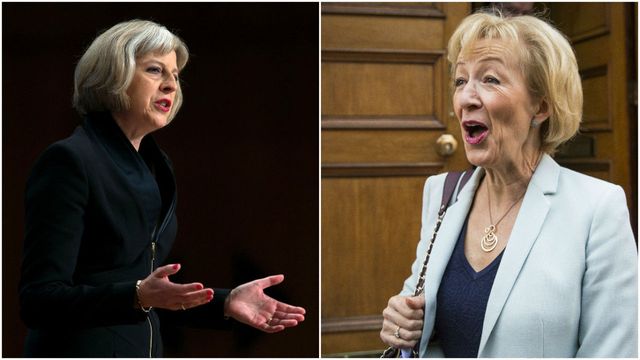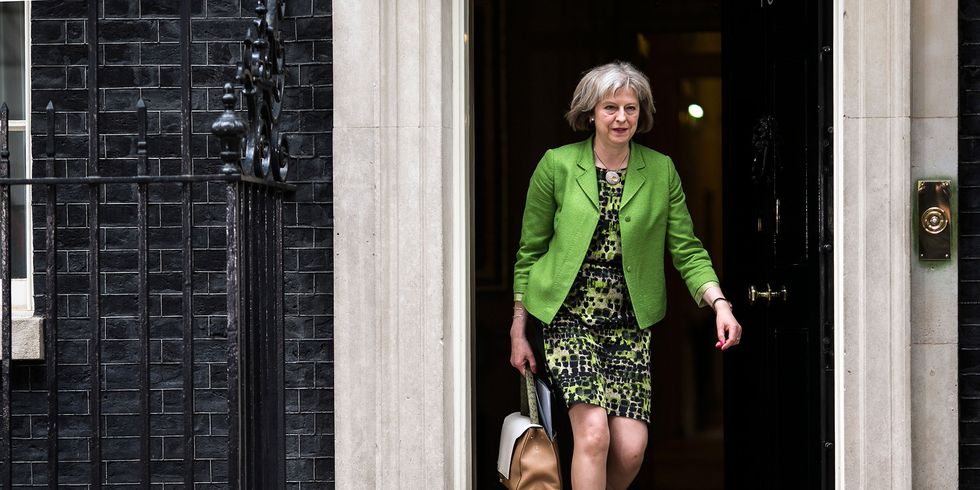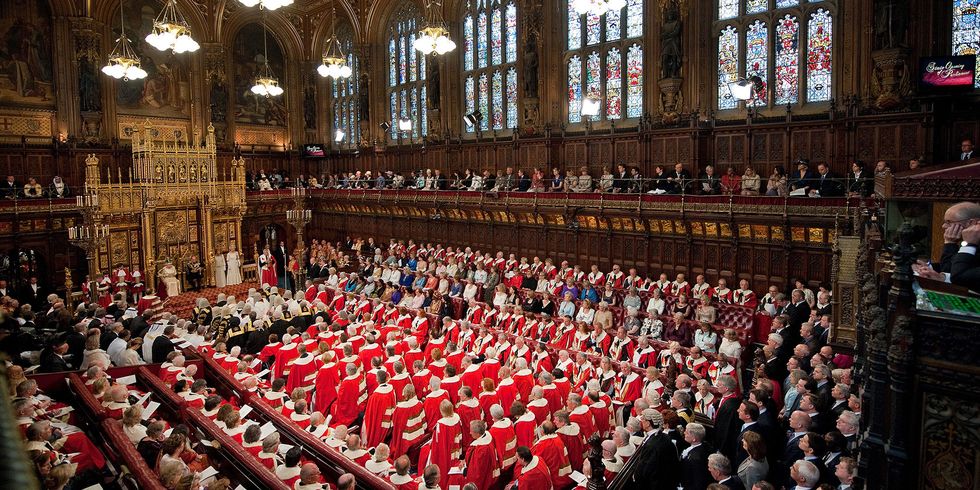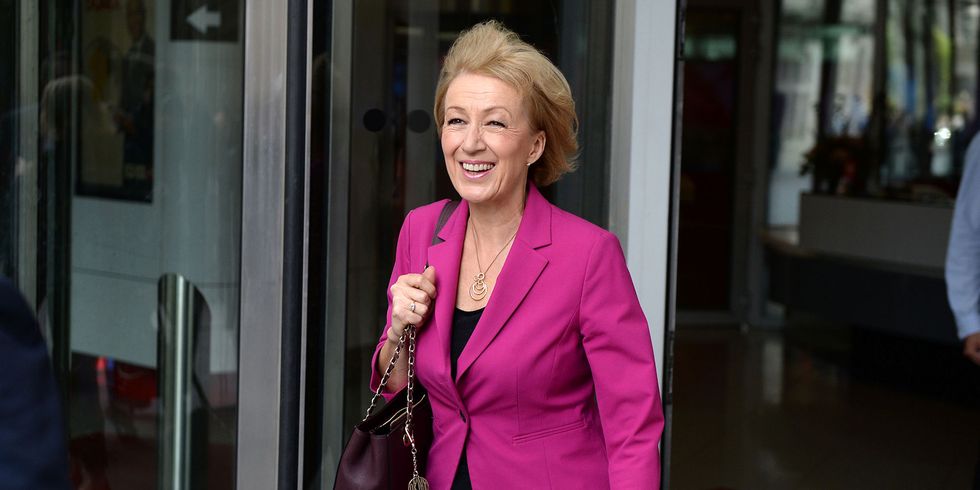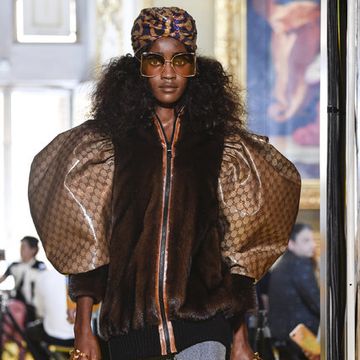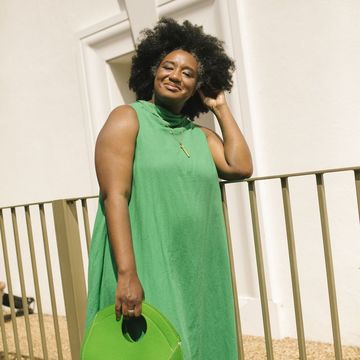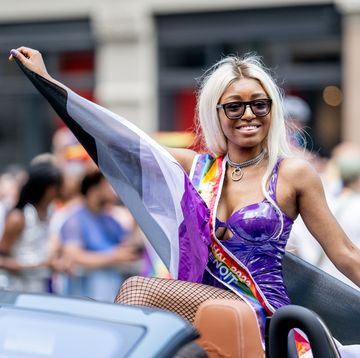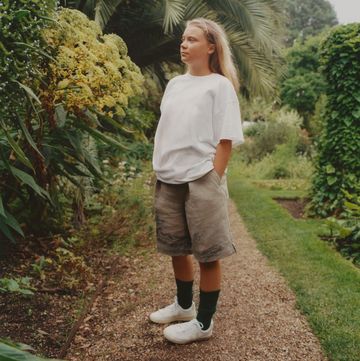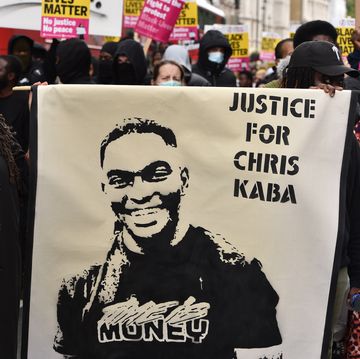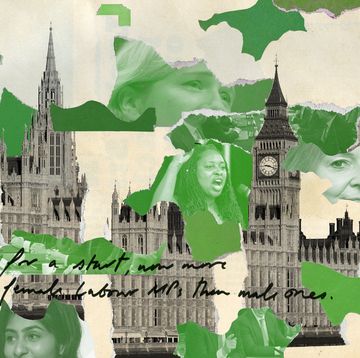Since the EU Referendum, more has happened in British politics than in four entire seasons of The Thick of It.
British politics has proven, in recent weeks, that reality is truly stranger than fiction.
We've left the EU; Boris Johnson and Nigel Farage, two key players in the Brexit camp, have taken themselves out of the game; and the Labour party is behaving like a catty school clique that can't seem to agree on anything.
In the midst of all of this, we must remember that David Cameron resigned and we are going to gain a new Prime Minister.
This Prime Minister will be voted in undemocratically, not chosen by us, the people, but instead elected by the 150,000 members of the Conservative party.
On September 9th, the new Prime Minister will be announced. But who is it going to be?
Yesterday, the two candidates that will go head to head were announced.
Theresa May, Home Secretary, is one, and Andrea Leadsom, Energy and Climate Change minister, the other.
Both white, both in their fifties, both women.
The latter fact has been given a lot of talk this week. Two women in the fight to become PM is pretty great for the plight of feminism, if only on the surface.
But dig a little deeper and it becomes clear that these two women certainly aren't triumphs for feminism.
Just because the Prime Minister is a woman, doesn't mean they are going to fight for women, particularly when they've come from a party that is still dominated by men.
Look at Margaret Thatcher, our only other female Prime Minister, who virtually had zero women in her cabinet (she had one).
Thatcher, it has been argued, did nothing for feminism besides make feminists more angry.
And what will Britain look like lead by either of these two women? This is the Prime Minister that is going to stir Britain's negotiations out of the European Union, and stabilise the United Kingdom once we have left.
Like most things in British politics, this is an unpredictability that we are going to have to wait out, but here are some facts to help you guess…
Theresa May
On the EU: Fought for Remain, but kept herself pretty quiet during the campaign.
On women: Claims to be a feminist, and yet has voted to cut abortion rights, and has supported welfare cuts that have had most impact on women.
On immigration: Has a very right-wing record on immigration. Has been involved in the deportation of refugee women fleeing rape and violence.
Andrea Leadsom
On the EU: Fought to Leave, vigorously.
On women: Has also supported welfare cuts that have a direct affect on women. Voted against the gay marriage bill, because she thinks marriage should be based on the biblical sense, and only for 'men and women.'
On immigration: Was tough on border control during the EU campaign, and has since spoken about preventing EU nationals who come here post June 23rd from staying.
Having more women at top levels of politics is a definitely a good thing.
Women in powerful positions show other, younger women, that they can get to those places if they want to.
But when I consider these conservative potentials next to Nicola Sturgeon, the First Minister of Scotland they pale in comparison.
Sturgeon is a class politician. She's a feminist, she's an equalist, she's modern, and she is honest about what she thinks of the Conservative government.
I can't help thinking how much more exciting this certainty of a female politician would be if it were a woman like Sturgeon, and not May or Leadsom.
Sturgeon has the power to inspire young women into politics, while I think the Thatcher look-a-likes are more likely to put people off.
But I guess we'll have to wait and see who is appointed and whether it will be a triumph for feminism or not.
